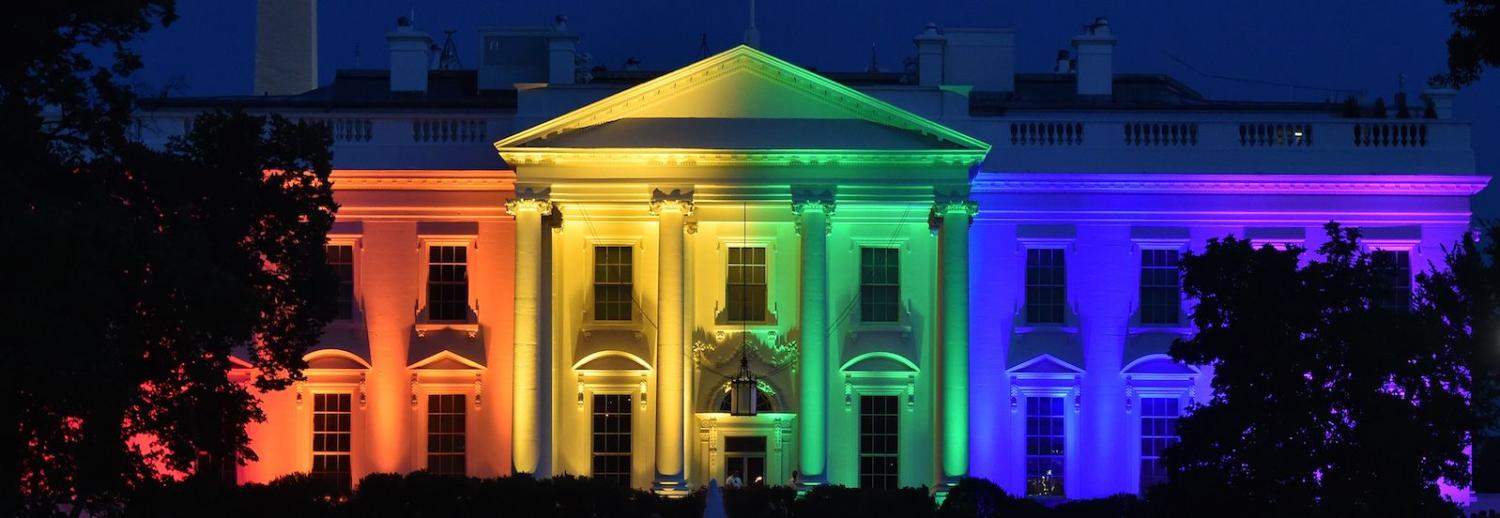The US appointed its first openly gay ambassador in 1999. President Bill Clinton gave James Hormel a recess appointment as US Ambassador to Luxembourg after two years of a blocked Senate campaign. Since then, an additional six openly gay male ambassadors have been appointed by the US, including Ambassador John Berry to Australia (2013-2016).
Not so long ago, in 2011, American diplomat Robyn McCutcheon became the first diplomat to transition openly while posted in Bucharest. Even President Trump recently made history by being the first Republican President to appoint an openly gay man, Richard Grenell, as the Ambassador to Germany in April this year. Grenell is reportedly the “highest ranking openly gay official ever in a Republican administration”.
This reads disastrous for those who may be contravening their home country laws against homosexuality.
All of which compounds the needless set-back suffered last week following the decision by the US State Department to stop issuing visas to the same-sex partners of foreign diplomats sent to the US or the UN in New York unless they are legally married.
Gay men from the US have often been the global pioneers for LGBTI+ in diplomacy, coupled with strong support for the sexual orientation and gender identity agenda in the UN, especially the Human Rights Council. The US, the EU, and the Nordic states have been active on the broader foreign policy agenda on LGBTI+ issues over the last decade, in tandem with a domestic reform agenda.
Yet by October 2018, the US abandoned the Human Rights Council, and made their top foreign policy concern the right to religious freedom.
The new visa policy reverses an order by then-Secretary of State Hillary Clinton, who required all domestic partners of foreign diplomats or UN envoys to be given visas.
Official reaction has varied from diplomatic silences to outrage, with Samantha Power, former US Ambassador to the UN calling the move “needlessly cruel and bigoted”. Notably absent are the voices of those this directly affected – and with reason too. Relations between states often mean that diplomacy teeters on a knife’s edge. This diplomacy becomes distinctly and deeply personal with policy change like this.
Those who do not or have not operated beyond the bounds of heteronormativity may fail to see the consequences of this policy, particularly as the policy was introduced under the justification of promoting “equal treatment” between same-sex and opposite sex couples.
Unmarried same-sex partners of diplomats and UN employees will be expected to leave the US within 30 days if they remain unmarried. This reads disastrous for those who may be contravening their home country laws against homosexuality, not to mention placing heavy pressure on individual relationships to get married or face deportation.
The reality is that heteronormative relationships are, as the name suggests, the “norm” worldwide. Homosexual relationships are not. Heteronormative marriage is legal worldwide. Homosexual marriage is not. Heteronormative behaviour is the expected behaviour worldwide.
In many countries, homosexuality is so far unexpected and unaccepted that some societies assert that lesbian women do not even exist. Lesbian, transgender, and intersex diplomats are practically invisible in accounts of diplomacy. The only media reports chronicling Britain’s first lesbian ambassador, Judith Gough, were concerned with protocol issues about taking her partner to visit the Queen.
The fact is that the new US policy cannot claim to be based on equality when it fails to account for the fact that nowhere in the world are same sex marriages considered on par with heterosexual marriage.
Regardless of marriage equality across 26 countries worldwide, there are real and deadly consequences of not conforming to heterosexual norms. Last year was the deadliest year in recent history for LGBTI+ people in the US, a fact which speaks volumes for all the silent atrocities committed in countries where same sex marriage or homosexuality is not even legal.
72 countries still criminalise homosexuality and five of them allow the death penalty for the offense. Many parts of Africa and the Middle East have legal restrictions against any practices with physical penalties. Where sexual identity is not criminalised, there can still be negative reactions from the host country.
In a diplomatic history that has treated homosexuality as a “character defect” to be barred from diplomacy, this policy change is another blow to those operating in international relations. In 1999, senior Australian diplomat Stephen Brady and his partner Peter Stephens became the world's first officially acknowledged same sex ambassadorial couple. Few since have been able or felt comfortable enough to be “out” so publicly.
In light of international obligations and the growing focus on equality, diversity of representation matters in diplomacy. Given the tradition of sending gay diplomats to friendly allies, this policy is yet another slap in the face for US allies. Of all places we should be able to send sexually diverse people, we should be able to send them to the UN, and we should be able to send them to the US.

